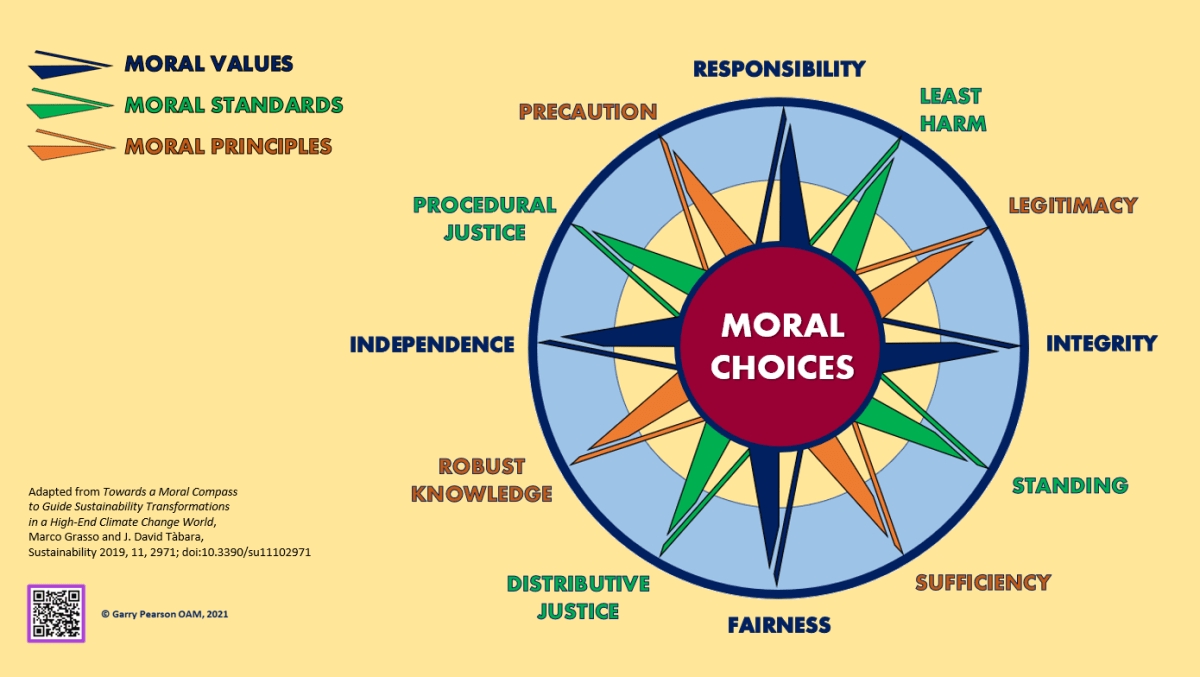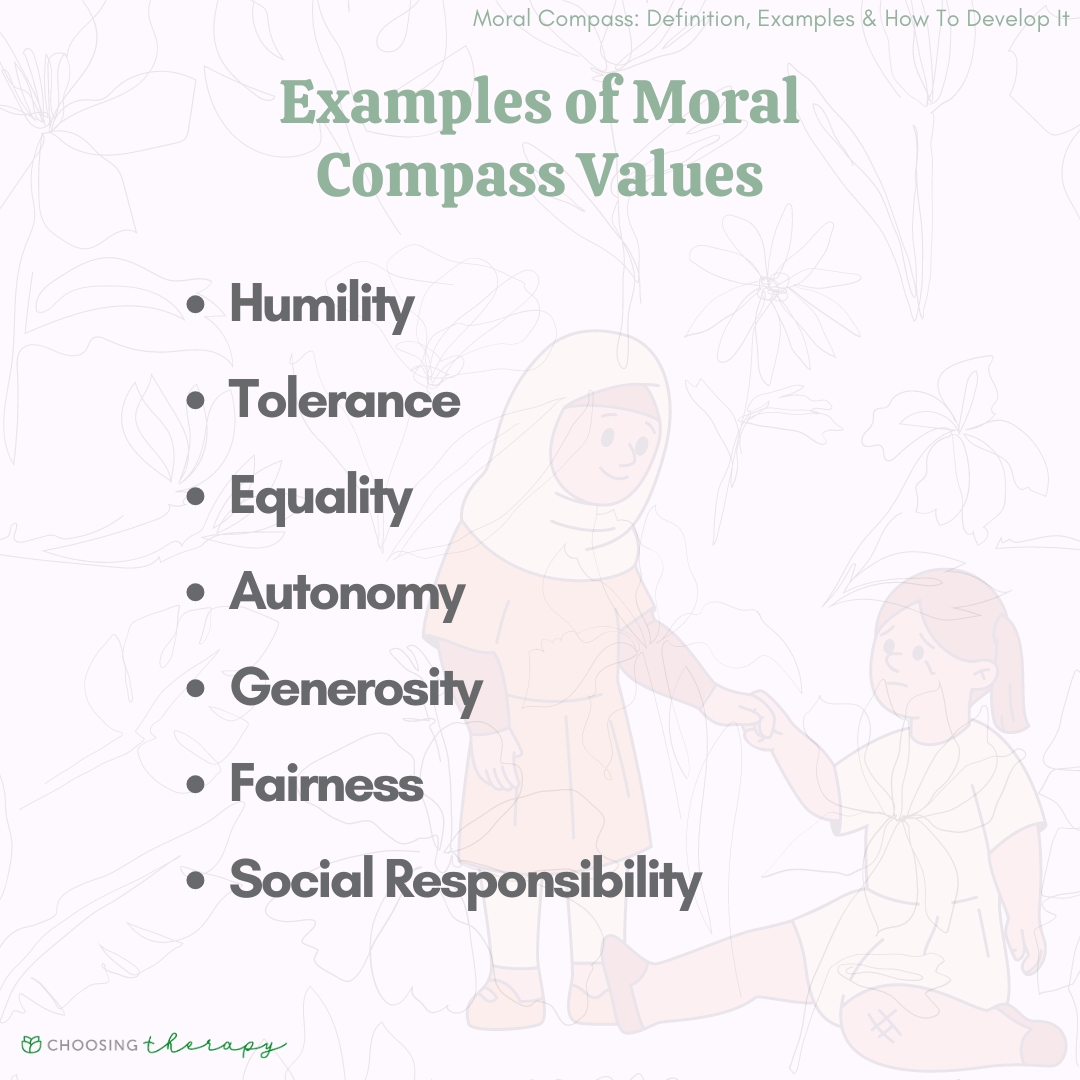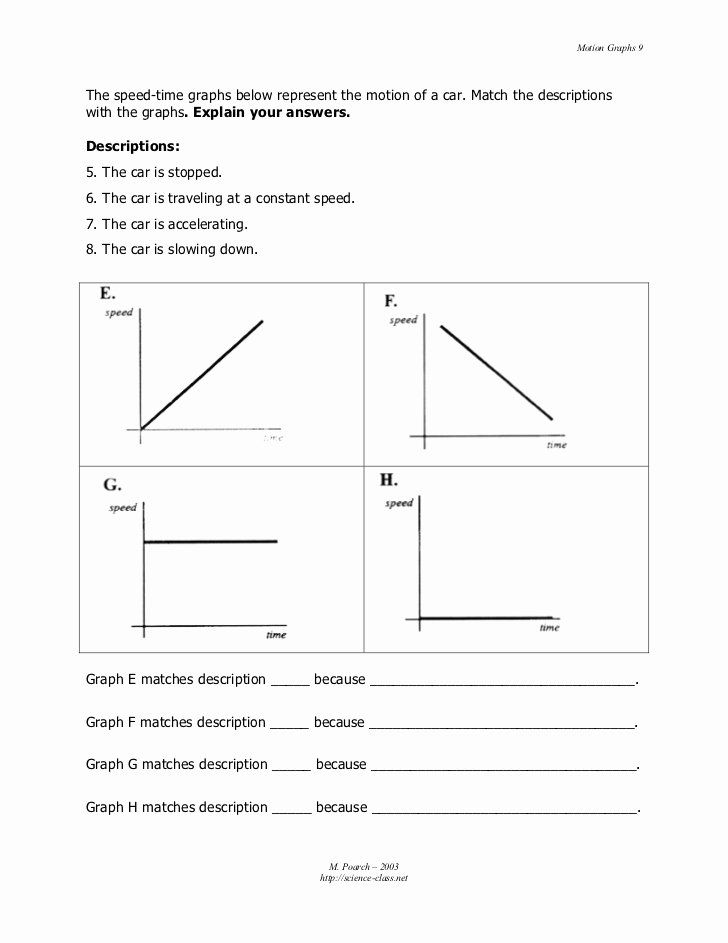Character Trait Worksheet: Building Moral Compass in Children

Introduction to Building Moral Compass in Children
As parents, educators, and caregivers, it is essential to help children develop a strong moral compass. A moral compass is a set of principles and values that guide an individual’s behavior and decision-making. It is crucial to instill these values in children from a young age, so they can grow into compassionate, responsible, and respectful individuals. In this post, we will explore the importance of building a moral compass in children and provide a character trait worksheet to help you get started.
Why is Building a Moral Compass Important?
Building a moral compass in children is vital for their social, emotional, and cognitive development. A strong moral compass helps children:
- Develop empathy and understanding towards others
- Make informed decisions and take responsibility for their actions
- Cultivate self-awareness and self-regulation skills
- Build positive relationships with family, friends, and community
- Navigate complex social situations and conflicts
- Develop a sense of purpose and direction in life
Character Traits for Building a Moral Compass
The following are some essential character traits that can help build a strong moral compass in children:
- Empathy: The ability to understand and share the feelings of others
- Responsibility: Taking ownership of one’s actions and their consequences
- Respect: Valuing and treating others with kindness and consideration
- Honesty: Being truthful and transparent in one’s words and actions
- Self-Awareness: Understanding one’s own thoughts, feelings, and motivations
- Perseverance: Persisting in the face of challenges and setbacks
- Gratitude: Appreciating and being thankful for the good things in life
Character Trait Worksheet
Use the following worksheet to help your child develop these essential character traits:

| Character Trait | Definition | Examples of Behavior | Reflection Questions |
|---|---|---|---|
| Empathy | The ability to understand and share the feelings of others | Listening actively, asking open-ended questions, and showing kindness | How do you think others feel when you listen to them? What are some ways you can show empathy towards others? |
| Responsibility | Taking ownership of one's actions and their consequences | Apologizing when necessary, making amends, and taking care of one's belongings | What are some ways you can take responsibility for your actions? How does taking responsibility make you feel? |
| Respect | Valuing and treating others with kindness and consideration | Using good manners, being kind to others, and valuing differences | What are some ways you can show respect towards others? How does it feel to be treated with respect? |
| Honesty | Being truthful and transparent in one's words and actions | Telling the truth, keeping promises, and being transparent | Why is honesty important? What are some ways you can practice honesty in your daily life? |
| Self-Awareness | Understanding one's own thoughts, feelings, and motivations | Recognizing and expressing emotions, setting goals, and self-reflecting | What are some ways you can practice self-awareness? How does self-awareness help you make better choices? |
| Perseverance | Persisting in the face of challenges and setbacks | Trying new things, taking risks, and bouncing back from failures | What are some ways you can practice perseverance? How does perseverance help you achieve your goals? |
| Gratitude | Appreciating and being thankful for the good things in life | Practicing mindfulness, expressing gratitude, and appreciating the little things | What are some things you are grateful for? How does practicing gratitude make you feel? |
📝 Note: Encourage your child to reflect on each character trait and provide examples from their own experiences. This will help them develop a deeper understanding of the traits and how they can apply them in their daily lives.
Conclusion
Building a moral compass in children is an ongoing process that requires patience, effort, and dedication. By teaching and practicing essential character traits, you can help your child develop a strong moral compass that will guide them throughout their lives. Remember to be a positive role model, provide opportunities for practice, and encourage reflection and self-awareness.
What is the importance of building a moral compass in children?
+Building a moral compass in children is essential for their social, emotional, and cognitive development. It helps them develop empathy, responsibility, and respect for others, and enables them to make informed decisions and take responsibility for their actions.
How can I teach my child empathy?
+You can teach your child empathy by modeling empathetic behavior, encouraging active listening, and engaging in activities that promote understanding and compassion towards others.
What is the role of self-awareness in building a moral compass?
+Self-awareness plays a crucial role in building a moral compass, as it enables individuals to understand their own thoughts, feelings, and motivations. This self-awareness helps them make better choices and develop a stronger moral compass.



